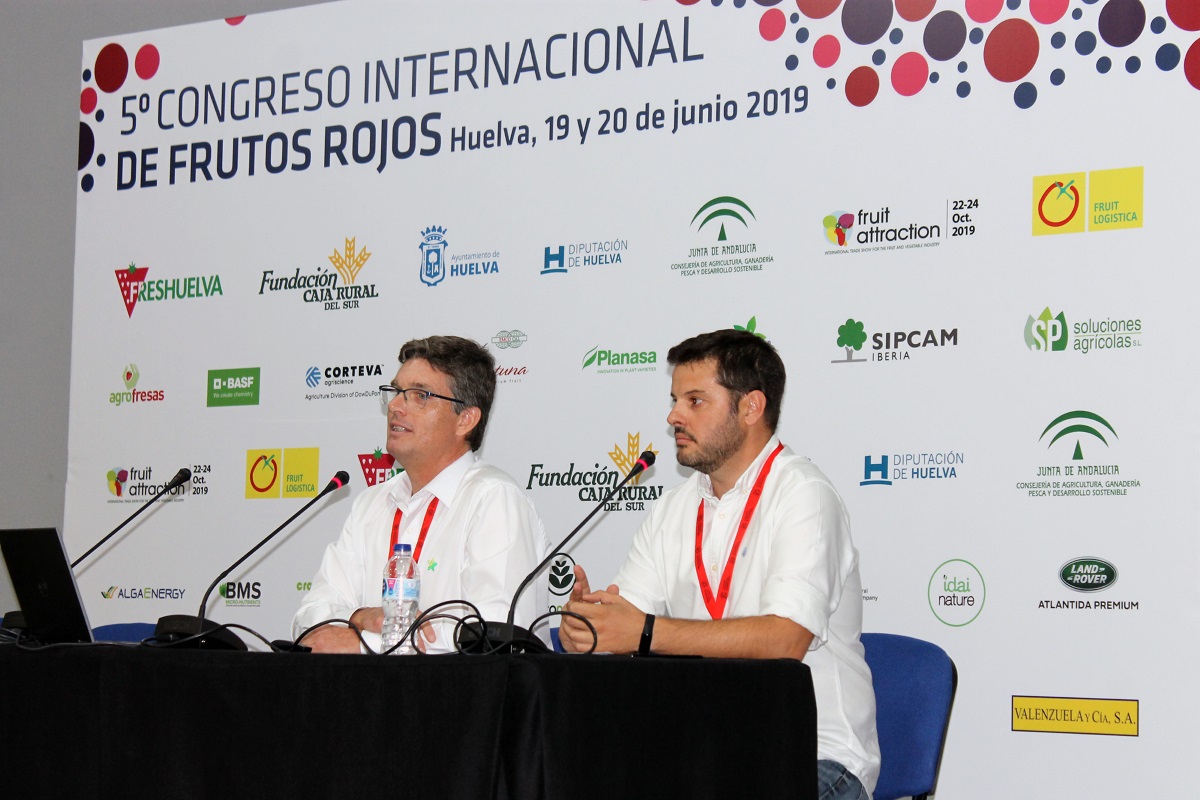Seipasa, a Spanish firm that specialises in the development and manufacture of biopesticides, biostimulants and fertilizers for agriculture, presented the new trends in the use of biostimulants for red fruits at the Red Fruits Congress held in Huelva.
The Spanish company attended this event together with SP Soluciones Agrícolas, a reference firm in the supply of services and solutions with zero residues for the cultivation of red fruits. Both companies participated jointly in the Congress with the aim of promoting and highlighting the benefits of zero residue treatments in the berries segment.
Juan Manuel López, Seipasa's Chief Marketing Officer, affirmed that the use of biostimulants is a growing market segment in the cultivation of red fruits and referred to the changes brought about by the new European Fertilising Products Regulation which has been approved recently.
"The EU regulation and the growing environmental awareness of society are leading to a new model of agriculture that is committed to the use of solutions that do not pollute, are sustainable and allow the plant to make the most of its resources. This is where biostimulants have great potential for development, especially in a production centre as important as the one in the province of Huelva", said Juan Manuel López.
For his part, Mateo Aroca, Technical Manager of SP, referred to the technical characteristics and added value of some of the biostimulant solutions of Seipasa for red fruits. Aroca mentioned the cases of Seiland and Sweetsei as solutions that increase the plant's defences against abiotic or implantation factors.
Juan Manuel López and Mateo Aroca took part in the programme of technical presentations with a conference entitled "Biostimulation in berries: an unstoppable global trend".



